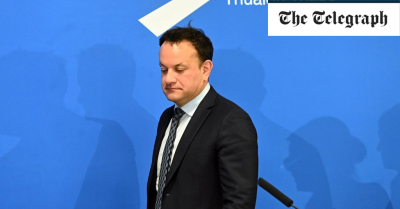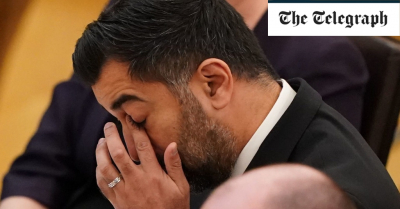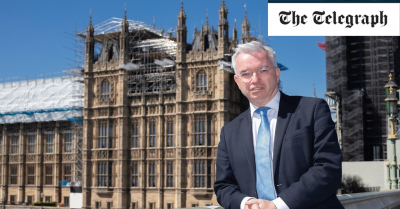Exploring the Impact: Higher Income Tax Thresholds and Potential Savings

As the Conservatives prepare for an impending general election, they find themselves trailing behind Labour in the polls. In a bid for electoral rejuvenation, tax cuts emerge as their strategic lifeline, despite constrained fiscal capacity. The anticipated reduction of the National Insurance main rate from 12% to 10%, coupled with rumors of a further cut to 9% in the upcoming Budget, serves as a cornerstone of their fiscal agenda. However, the financial relief promised by these measures is overshadowed by the economic burden of frozen income tax thresholds.
Initially designed for annual inflation adjustments, income tax thresholds faced a freeze announcement by former chancellor Rishi Sunak, subsequently extended by his successor Jeremy Hunt. This fiscal maneuver, often overlooked, imposes a stealth tax through "fiscal drag," ensnaring a growing number of taxpayers into higher brackets as wages outpace fixed thresholds.
For the average earner, the implications are stark: a modest increase in the personal allowance could yield significant savings, while threshold adjustments could alleviate the burden of higher tax rates. However, caution is advised for high earners, as crossing certain income thresholds may result in increased tax liabilities due to vanishing allowances.
The proposed reforms, exemplified by Reform UK's ambitious plans, promise substantial savings for taxpayers across income brackets. Yet, while freezes on tax thresholds provide a boon for government coffers without overt tax hikes, they raise concerns over fairness and transparency in fiscal policy.
Ultimately, as the Office for Budget Responsibility forecasts a substantial revenue windfall from threshold freezes, the debate surrounding tax policy intensifies, underscoring the delicate balance between fiscal prudence and taxpayer welfare in the lead-up to the electoral contest.
As time progresses, projections indicate a concerning trend: an additional 4 million workers are anticipated to be drawn into the basic rate band, while three million individuals may find themselves pushed into the higher rate band. Furthermore, approximately 400,000 taxpayers could be ensnared within the additional rate bracket. This anticipated surge in the number of individuals subject to higher tax rates underscores the far-reaching implications of frozen income tax thresholds and the phenomenon of fiscal drag. As more taxpayers are inadvertently propelled into higher tax brackets due to wage growth outpacing threshold adjustments, the ramifications on individual finances and overall tax revenue are poised to be significant.
In conclusion, the projected increase in the number of individuals being pushed into higher tax bands highlights the substantial impact of frozen income tax thresholds and the resulting phenomenon of fiscal drag. With millions expected to be affected, there are profound implications for both individual finances and overall tax revenue. As policymakers grapple with these challenges, finding a balance between fiscal stability and fairness in taxation remains paramount. Addressing these issues will be crucial to ensuring a tax system that is both equitable and sustainable in the long term.






